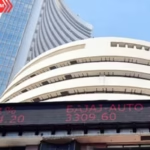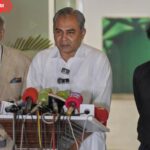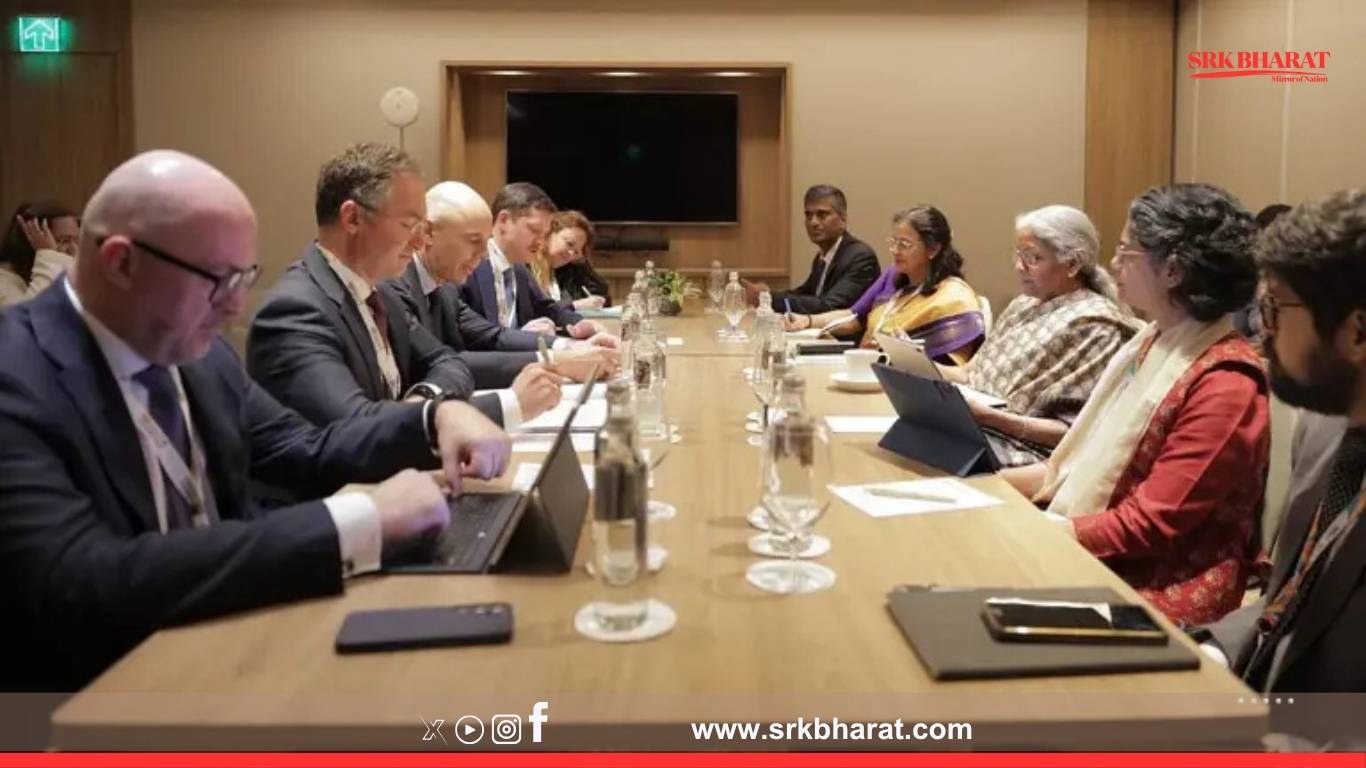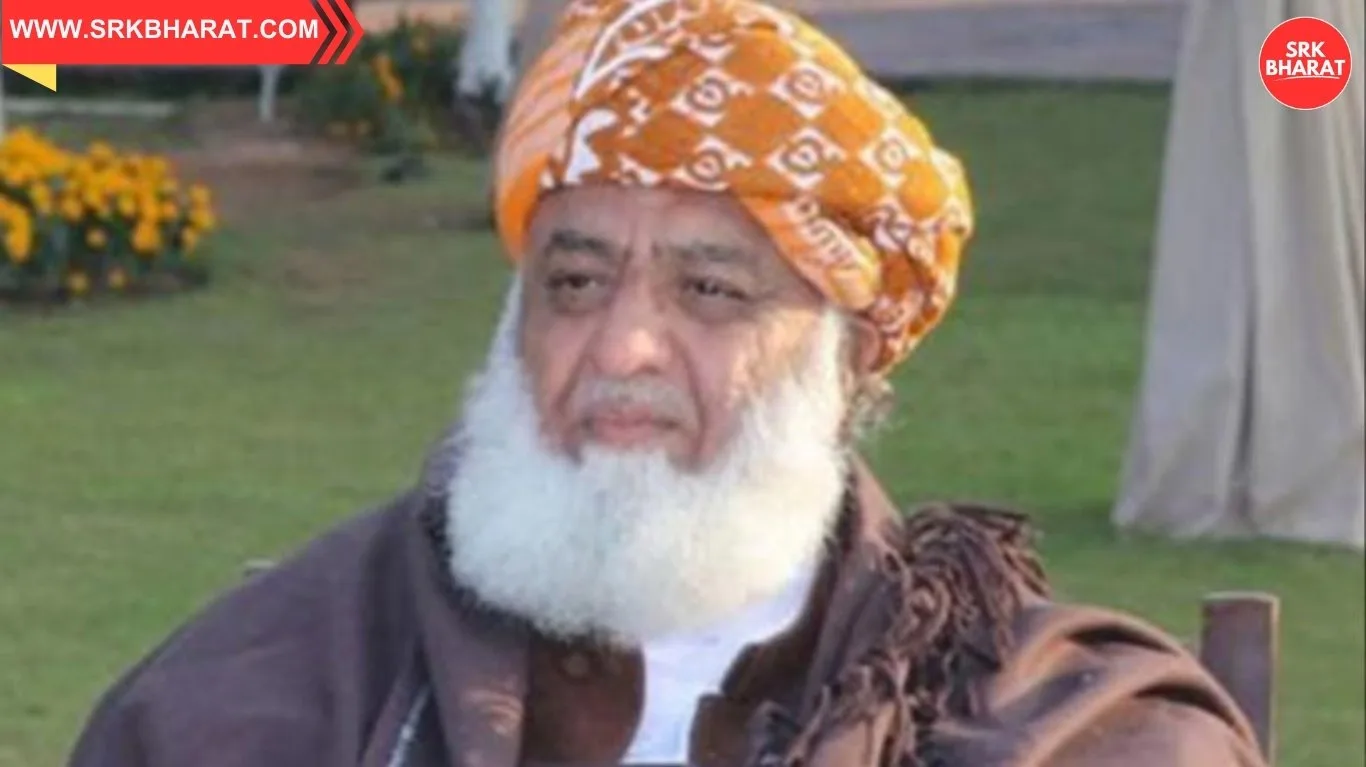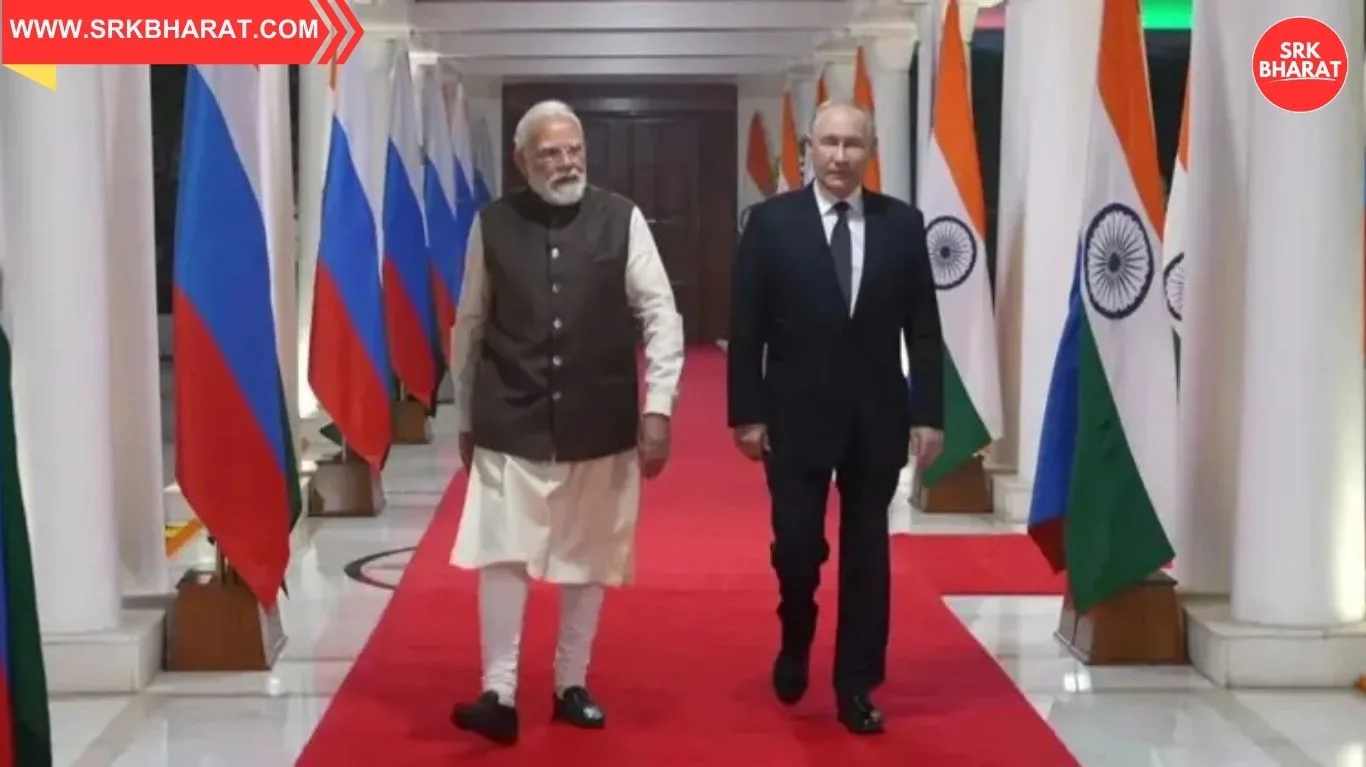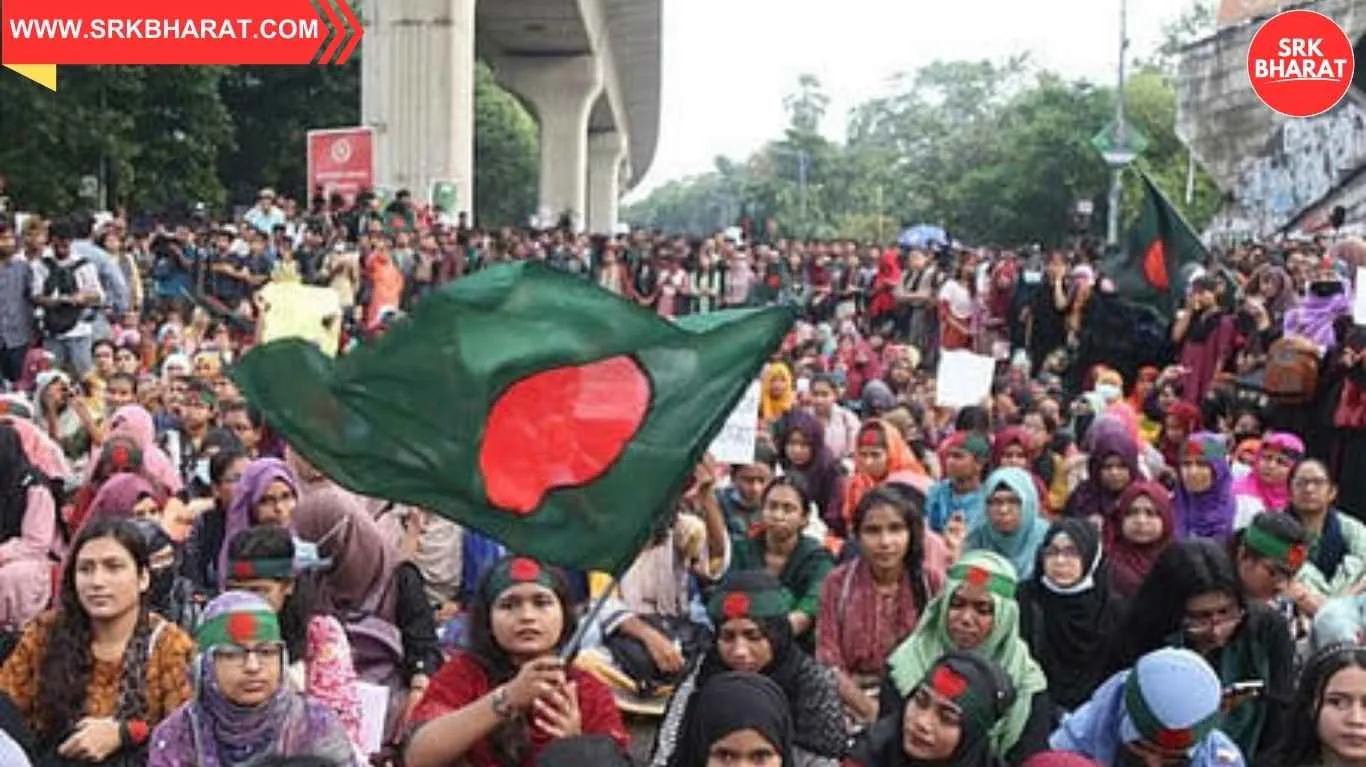Finance Minister Nirmala Sitharaman engaged in a series of high-level bilateral meetings with her counterparts from China, Russia, Brazil, and Indonesia on the sidelines of the BRICS Finance Ministers and Central Bank Governors Meeting held in Rio de Janeiro this week. The discussions underscored India’s growing economic diplomacy push as it prepares for multiple key global and regional economic summits in the coming months.
Strengthening BRICS economic cooperation
Sitharaman emphasised that BRICS, as a platform representing major emerging economies, must drive global financial governance reforms, boost sustainable development finance, and champion the needs of the Global South. Her engagements focused on:
- Enhancing multilateral development bank lending capacity
- Promoting local currency trade settlement mechanisms
- Sharing India’s digital public infrastructure for financial inclusion
- Ensuring resilient global supply chains amid geopolitical risks
Bilateral talks with China: Trade deficit and border stability
In her meeting with Chinese Finance Minister Lan Fo’an, Sitharaman raised concerns about:
- India’s persistent trade deficit with China, exceeding $100 billion annually.
- The need for greater market access for Indian pharmaceuticals, IT, and agricultural products.
- Border stability as a prerequisite for sustained economic ties, an issue intertwined with wider diplomatic engagements.
Chinese officials expressed interest in deeper coordination within BRICS on digital finance standards, AI regulation, and climate financing frameworks.
Russia: Strengthening rupee-rouble trade
With Russian Finance Minister Anton Siluanov, discussions centred on:
- Expanding the rupee-rouble trade settlement framework
- Increasing Indian investments in Russian energy, mining, and fertiliser sectors
- Exploring avenues for India-Russia joint finance platforms to facilitate business payments amid Western sanctions
Sitharaman reaffirmed India’s commitment to balanced trade ties while maintaining strategic autonomy on international sanctions policies.
Brazil: Green finance, digital payments, and tax reforms
Brazilian Finance Minister Fernando Haddad and Sitharaman discussed:
- Leveraging India’s UPI model for Brazil’s digital payments expansion under PIX infrastructure
- Cooperation on green bonds, climate finance, and biofuel investments
- Global tax reforms under G20-OECD inclusive framework
Brazil expressed keen interest in learning from India’s successful GST rollout and digital tax compliance architecture to streamline its own federal tax system.
Indonesia: Expanding bilateral economic corridor
Indonesia, invited as a guest country at BRICS, held bilateral talks with Sitharaman to explore:
- The India-Indonesia-Middle East-Europe Economic Corridor (IMEC) connectivity projects
- Joint initiatives in fintech, digital governance, and e-commerce
- Greater market access for Indian pharmaceuticals and education services in Indonesia
Indonesian Finance Minister Sri Mulyani Indrawati praised India’s leadership in championing Global South causes during its G20 presidency and expressed support for deeper coordination on multilateral financial reforms.
Key outcomes: Diplomatic and economic takeaways
| Country | Discussion Highlights | Potential Outcome |
|---|---|---|
| China | Trade deficit, market access, BRICS digital finance | Dialogue to continue through Joint Economic Group mechanisms |
| Russia | Rupee-rouble trade, energy investments | Expansion of trade settlement framework under consideration |
| Brazil | UPI integration, climate finance, GST learning | MoU on digital payments cooperation being drafted |
| Indonesia | IMEC corridor, fintech partnerships | Working group formation for corridor implementation |
FM Sitharaman’s strategic narrative at BRICS
In her main address to BRICS finance ministers, Sitharaman stressed:
- “BRICS must be a force for global financial inclusion, sustainable development, and resilient supply chains.”
- The importance of integrating Global South voices into IMF and World Bank governance reforms.
- Supporting the BRICS New Development Bank (NDB) to enhance climate finance and local currency lending for infrastructure projects.
She also highlighted India’s achievements in digital public infrastructure, stating:
“Our Aadhaar-enabled Direct Benefit Transfers, UPI digital payments, and tax compliance reforms have created inclusive, transparent, and efficient governance systems. India is ready to share these models with all BRICS partners.”
Geopolitical undercurrents
The bilateral meetings took place amid shifting BRICS dynamics:
- Xi Jinping skipped the summit, reflecting China’s inward focus.
- Russia pushed for de-dollarisation measures to counter Western sanctions.
- Brazil sought a balanced approach emphasising development and climate finance.
- India emerged as a central voice promoting reformed multilateralism and Global South leadership.
Expert analysis
Dr Sreeram Chaulia, global affairs analyst, commented:
“Sitharaman’s focused bilateral diplomacy underscores India’s intent to convert its G20 gains into BRICS leverage. Her meetings on digital payments and green finance reflect India’s soft power strategy to shape global norms.”
Domestic political reactions
Indian business chambers welcomed Sitharaman’s engagements. FICCI stated that market access talks with China and Russia could ease supply bottlenecks, while digital payments MoUs with Brazil and Indonesia would boost Indian fintech exports.
Opposition leaders, however, urged the government to ensure that rupee-rouble trade frameworks comply with global financial regulations to avoid inadvertent sanctions risks.
Looking ahead: Roadmap post-BRICS
Key follow-up actions from Sitharaman’s bilateral meetings include:
- Finalising digital payments interoperability MoUs with Brazil and Indonesia
- Expanding rupee-rouble trade pilot transactions into structured frameworks
- Joint working groups with China on market access and trade deficit reduction
- Pushing for IMF quota reforms and greater NDB lending to Global South nations
Final thoughts
Finance Minister Nirmala Sitharaman’s multi-pronged economic diplomacy at the BRICS Finance Ministers Meet reinforced India’s growing role as a driver of financial inclusion, digital public infrastructure sharing, and Global South solidarity. As India eyes the upcoming G20 finance meetings and BRICS+ initiatives, its ability to convert these engagements into tangible economic and diplomatic gains will shape its influence in an increasingly multipolar world.
Disclaimer: This news article is for informational purposes only. It includes official statements, public data, and expert analyses based on summit proceedings. Final policy outcomes and bilateral agreements remain subject to formal announcements by respective governments and institutions.


